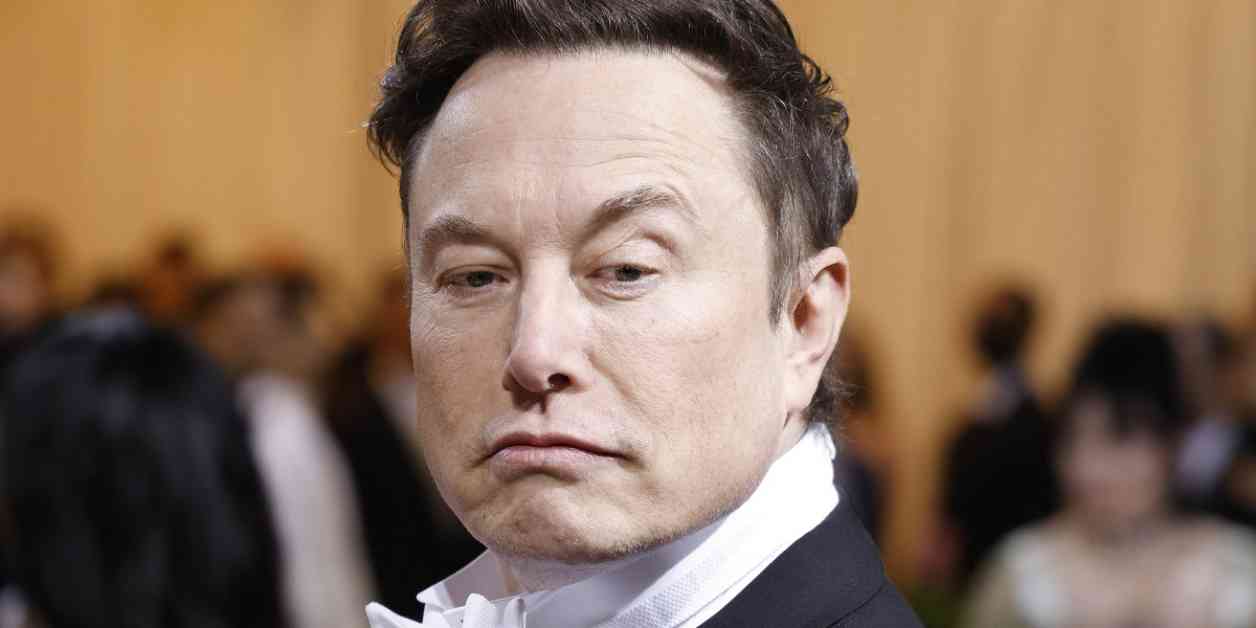Qatar has announced on Monday his intention to leave the Organization of Petroleum Exporting Countries (OPEC), beginning with the next January 1, as reported by the state news agency, QNA. His Energy minister, Saad al Kaabi, has justified this step by the intention of Doha to boost its international role and to plan long-term strategies. The decision, which has surprised observers, seems to mix the raw with the turbulent politics of the middle East.
MORE INFORMATION
to the downward Pressure on the oil The excess supply and the cooling economic relax the price of crude
“Qatar has decided to withdraw from the OPEC with effect from January 2019, and this measure has been communicated to the OPEC this morning,” said Al Kaabi during a press conference in Doha, the capital of this rich arab State.
The minister has said that the decision is not linked to the boycott of economic and political that from June of last Yorkbet year imposed by Saudi Arabia, the leader of the cartel oil, and three other arab allies of the United Arab Emirates, Bahrain and Egypt). However, some observers point to a desire to distance themselves from those neighbours.
Al Kaabi added that going to attend the meeting of OPEC scheduled next Thursday and Friday in Vienna. It is expected that members and other invited countries such as Russia treat the possibility of reducing production to drive the price of the barrel, which in recent weeks has fallen from above $ 80 to around 50.
Although it is the largest exporter of liquefied natural gas in the world, Qatar was always a producer, less of crude oil and its weight in the decisions of the OPEC was small. Therefore the impact of its withdrawal from the cartel, to which he belonged to for 57 years, will be mostly political.
Al Kaabi has said that his country is going to concentrate on the industry gasística, which provides the bulk of its revenue by 2018 are estimated 93.000 million dollars (about 82.000 million euros). Doha, announced last year plans to increase its gas production from 77 million to 110 million tons per year to 2024.




















